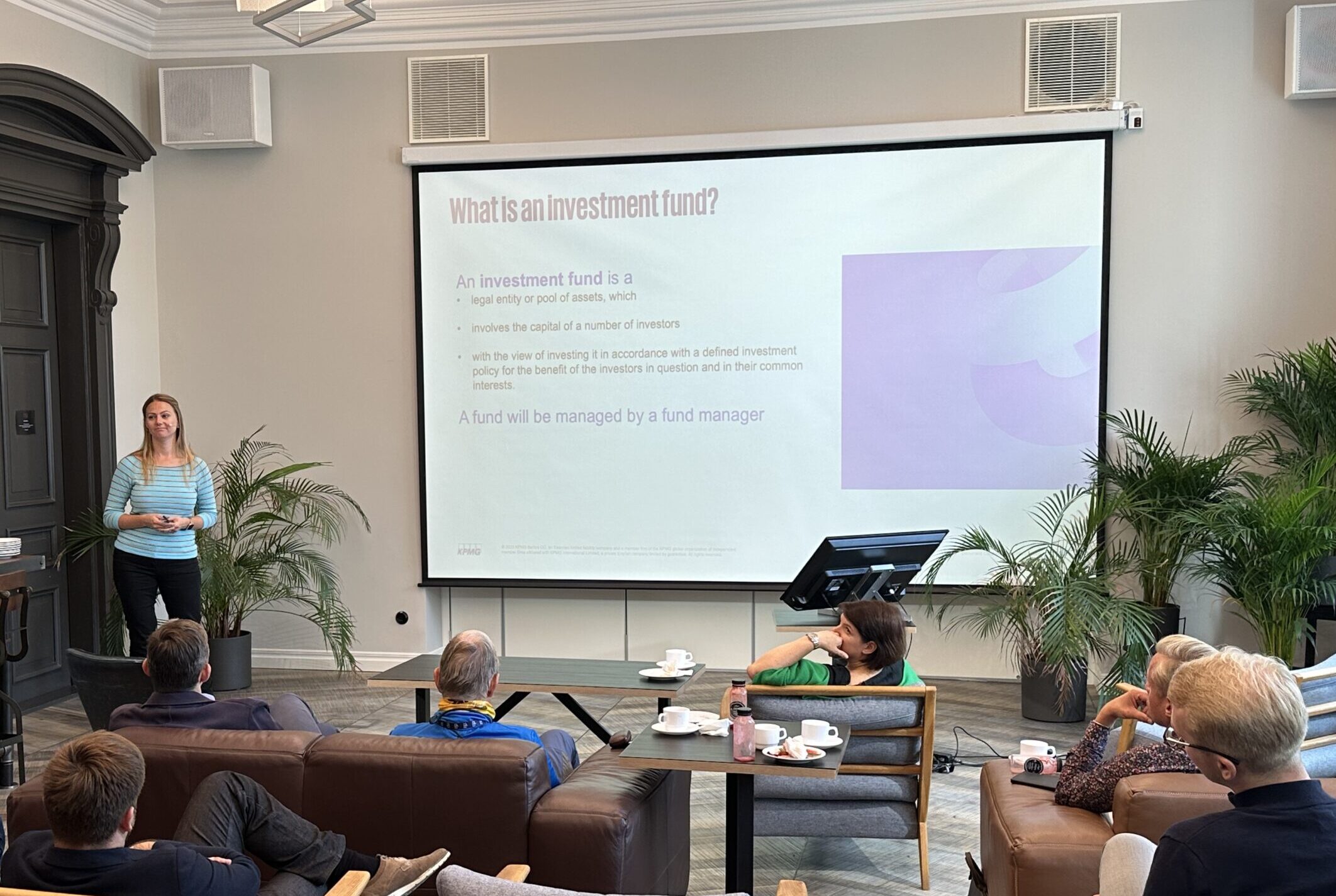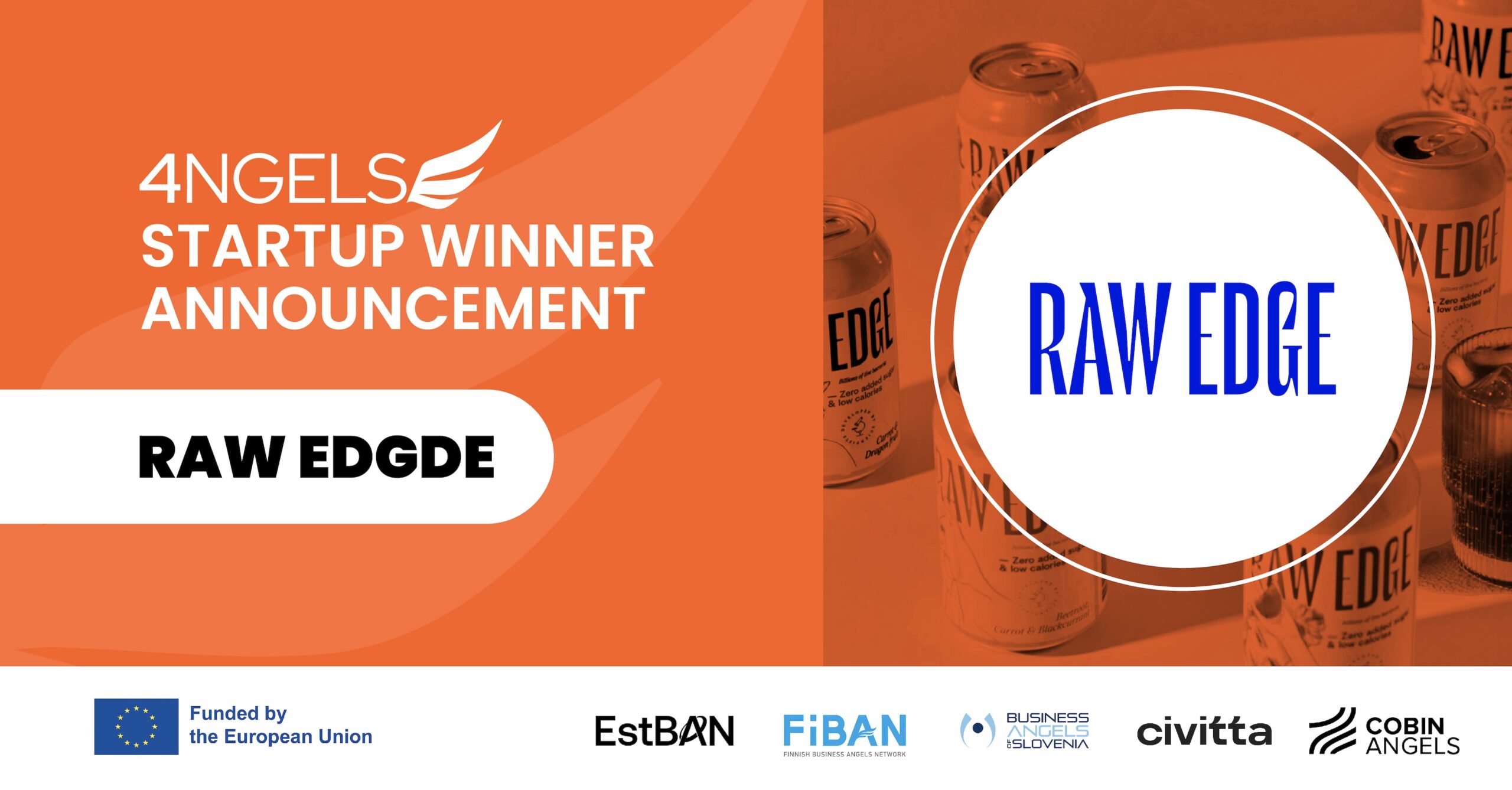Estonia has emerged as a favorable destination for establishing investment funds, offering a blend of regulatory clarity and flexibility. These days it seems that there is a new fund emerging each month.
Nevertheless if you’re considering setting up a fund in this Estonian, here are the top 10 takeaways to guide your journey shared by our partner KPMG Estonia’s expert Katri Remmelgas:
- Definition and Types of Funds: In Estonia, an investment fund can be a legal entity or a pool of assets. The primary forms include Public Limited Funds (either as a public limited company or limited partnership fund) and Common Funds (contractual funds without a legal entity).
- Role of Fund Managers: While some funds can be self-regulated, it’s crucial for the general partner to have at least a fund manager registration and license. Small fund managers require only Estonian Financial Supervision Authority’s registration, not full authorization.
- Legal and Distribution Nuances: Public funds come with higher regulatory requirements, including the need for a prospectus. Non-public funds have specific distribution laws, such as a limit on the number of retail investors.
- Depository Requirement: If you’re distributing a public fund, you’ll need a depository.
- Benefits of Private Limited Partnership Fund: For newcomers, especially those focusing on private equity, establishing a private limited partnership fund is recommended due to its ease of establishment, flexible regulation, limited liability of investors, confidentiality, and tax transparency.
- Broad Contractual Freedom: Estonia offers extensive contractual freedom, especially in crafting Limited Partnership Agreements (LPA), allowing fund founders to set terms and conditions that best suit their objectives.
- Management Operations: The Financial Supervision Authority (FSA) emphasizes that management operations be permanently conducted in Estonia, especially for foreign applicants. Applicants need to have a clear connection with Estonia, and this connection will also be questioned by banks when opening bank accounts.
- Exceptions to Consider: There are specific exceptions in the law, such as the “family office” exemption, where close family-managed funds might not be considered under the alternative investment directive.
- Registration vs. Authorization: The choice between registration and authorization is primarily determined by the assets under management. Authorization, which is more comprehensive, is required when assets exceed certain thresholds.
- Reputation and Background: Fund managers should have a reputable background. While there’s no strict rule on the years of experience, having a financial or economic background is beneficial. Any criminal offenses or discrepancies in the background need to be clarified.
All in all, while Estonia offers a conducive environment for establishing venture capital funds, it’s essential to navigate the regulatory landscape carefully, regardless of the trendiness of the topic. Proper preparation, understanding the nuances of the law, and ensuring compliance are key to a successful fund establishment in Estonia.
This is a generic overview, but in case you have more questions and would like to take a deep dive into the subject, feel free to get in touch with Katri Remmelgas, katri.remmelgas@kpmglaw.ee.




